
By Peter Martey Agbeko, APR
The world awoke to solemn news this morning (Monday, April 21, 2025): His Holiness Pope Francis, the 266th successor to St. Peter and the first pope from the Americas, has passed on. He leaves behind a world profoundly shaped by his humanity, humility, and unwavering focus on mercy.
Born Jorge Mario Bergoglio in Buenos Aires, Argentina, in 1936, Pope Francis became the first Jesuit pope, the first from the Global South, and the first non-European pontiff in more than 1,200 years. His choice of the name “Francis,” after St. Francis of Assisi, signaled from the outset his commitment to the poor, to peace, and to the protection of creation.
A Pastor First, Always
To many, he was not just the leader of the Roman Catholic Church. He was a pastor. A shepherd who smelled of his sheep. Even as he ascended to the most exalted position in the Church, Pope Francis continued to live in a modest guesthouse, cooked for himself when he could, and often slipped out at night in disguise to minister to the homeless of Rome.
He rejected the papal limousine in favour of a Ford Focus. He washed the feet of prisoners, including Muslims and women, during Holy Week. He embraced lepers, hugged children, and welcomed refugees to the Vatican.
This was no performance. This was Francis — genuine, grounded, and gospel-centered.
A Church That Goes Forth
From the beginning of his pontificate in 2013, Pope Francis made clear his vision of a Church that “goes forth,” a Church that is missionary and merciful. In his first apostolic exhortation, Evangelii Gaudium (The Joy of the Gospel), he called on Catholics to reject complacency and to encounter the poor, the wounded, and the forgotten.
He famously said, “I prefer a Church which is bruised, hurting and dirty because it has been out on the streets, rather than a Church which is unhealthy from being confined and from clinging to its own security.”
Francis wanted a Church that listened more than it preached, healed more than it judged, and led by example rather than decree.
A Voice for the Voiceless
Pope Francis was never afraid to speak uncomfortable truths. He championed climate justice in Laudato Si’, warning of the destruction of “our common home” and calling for ecological conversion. He spoke boldly on economic inequality, labeling unfettered capitalism a “new tyranny.” He denounced arms trading, human trafficking, and the indifference of the global north to the suffering of the global south.
He was a man of dialogue — reaching out to atheists, Jews, Muslims, Orthodox Christians, and Protestants. In 2019, he co-signed the historic “Document on Human Fraternity” with Grand Imam Ahmed el-Tayeb in Abu Dhabi — a bold step toward interreligious cooperation.
Reforming with Courage and Compassion
Inside the Church, he pushed for reform of the Roman Curia, tackled the clergy sexual abuse crisis with increasing resolve, and emphasized synodality — the idea that the Church must walk together, listening to all voices, including those of women and lay people.
He advanced the cause of women by appointing them to senior positions in the Vatican bureaucracy, and he softened the Church’s tone on LGBTQ Catholics, famously declaring, “Who am I to judge?” — a phrase that resonated far beyond Catholic pews.
While his efforts met resistance from traditional quarters, he remained undeterred, urging the faithful to keep Christ at the center rather than rules and rigidity.
A Spiritual Father to Billions
To Catholics in Ghana and across Africa, Pope Francis was a beacon of moral clarity and courage. He visited the continent several times, affirming its young Church, condemning corruption, and calling for peace and reconciliation in conflict zones.
He was deeply aware of the Church’s potential as a force for justice in Africa. In Kenya, Uganda, the Central African Republic, and beyond, he left an imprint not only on altars and cathedrals but also on hearts and minds.
To many of us, he felt like family — a spiritual father with a warm smile and a heart for the least among us.
Legacy of a Saint?
As the bells of St. Peter’s Basilica toll and millions around the world enter into mourning, the question is already being asked: Will Pope Francis be declared a saint?
Many believe he already is — not because he was perfect, but because he was faithful. Because he loved. Because he chose the radical path of mercy in an age of indifference.
If sainthood means witnessing to Christ in word and deed, in joy and in pain, then Francis is indeed among the saints.
A Final Benediction
In his final days, Pope Francis reportedly said: “I am ready. I have loved the Church. I have tried.”
Indeed, he did more than try. He transformed. He touched the world. And he taught us that to follow Christ is to serve, to listen, to embrace, and to forgive — again and again.
As we commend his soul to the eternal embrace of the Father, may we honor his legacy not merely with words, but with action — by living the Gospel boldly, humbly, and joyfully, as Francis did.
Requiescat in pace, Papa Francesco. The Church and the world are better for having known you.
The post The People’s Pope: Remembering the humble revolutionary, Francis appeared first on The Business & Financial Times.
Read Full Story
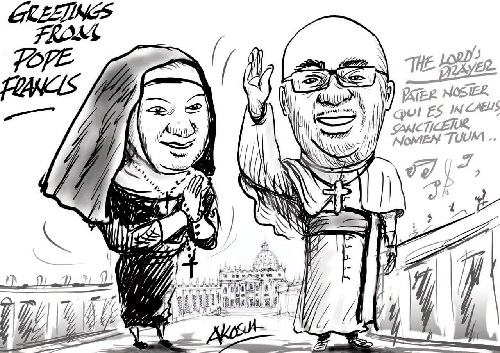
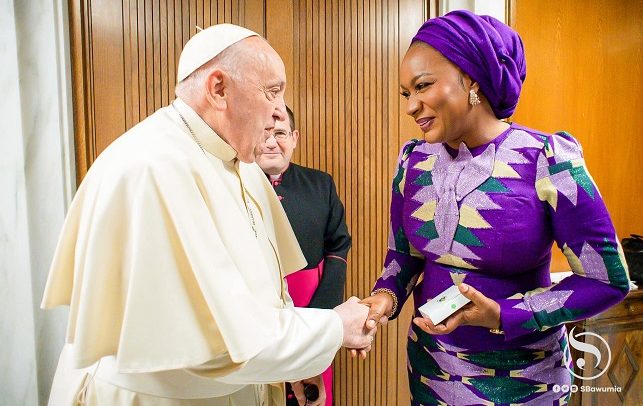

![Dormaahene hails Mahama, vows to carry him at his back if cedi hits GH?8 to $1 [Video]](https://sportal365images.com/process/smp-images-production/pulse.com.gh/01062025/e9150a95-eb04-4066-bf2d-fef977524ffe.png)

![Hajia4Reall makes a bold comeback with new music after U.S prison sentence [Video]](https://sportal365images.com/process/smp-images-production/pulse.com.gh/01062025/88287b98-5b5d-4e81-b3b1-c4adb7b6ee54.png)
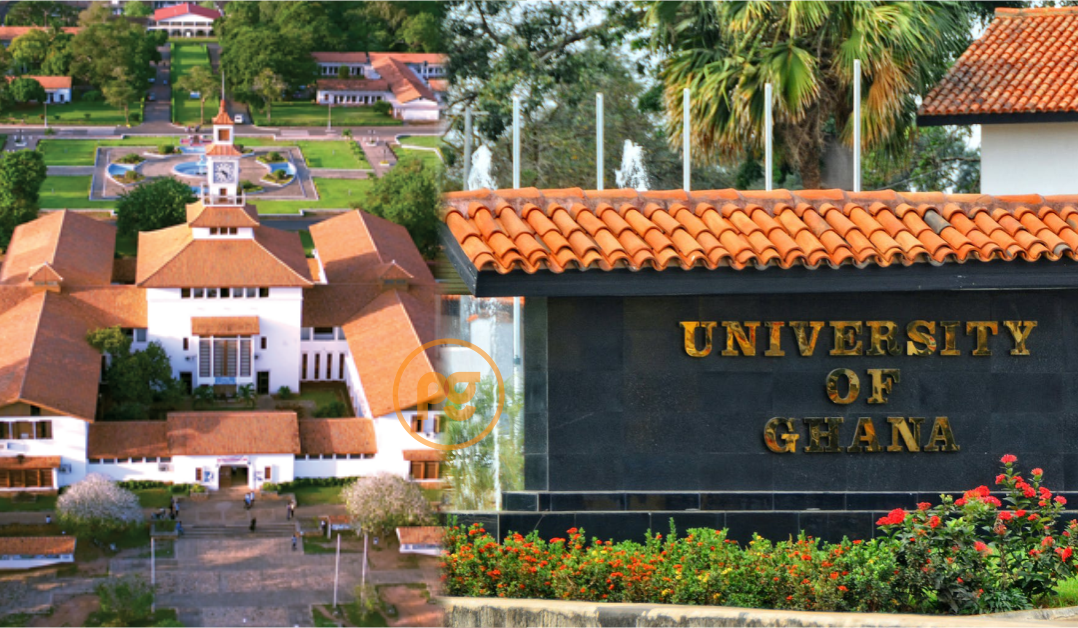
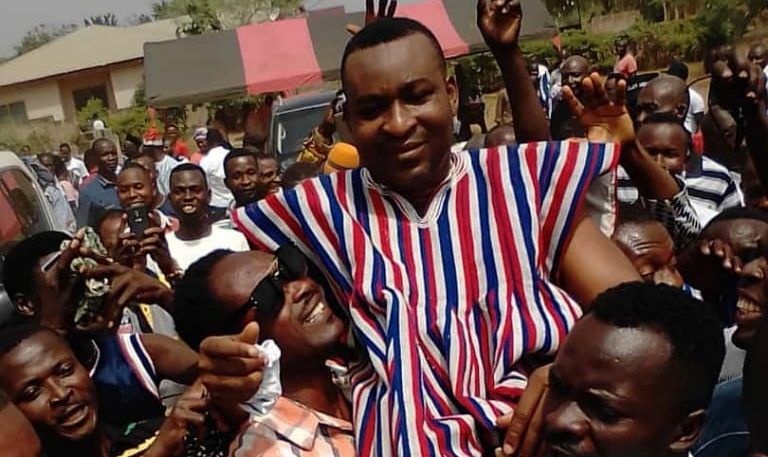

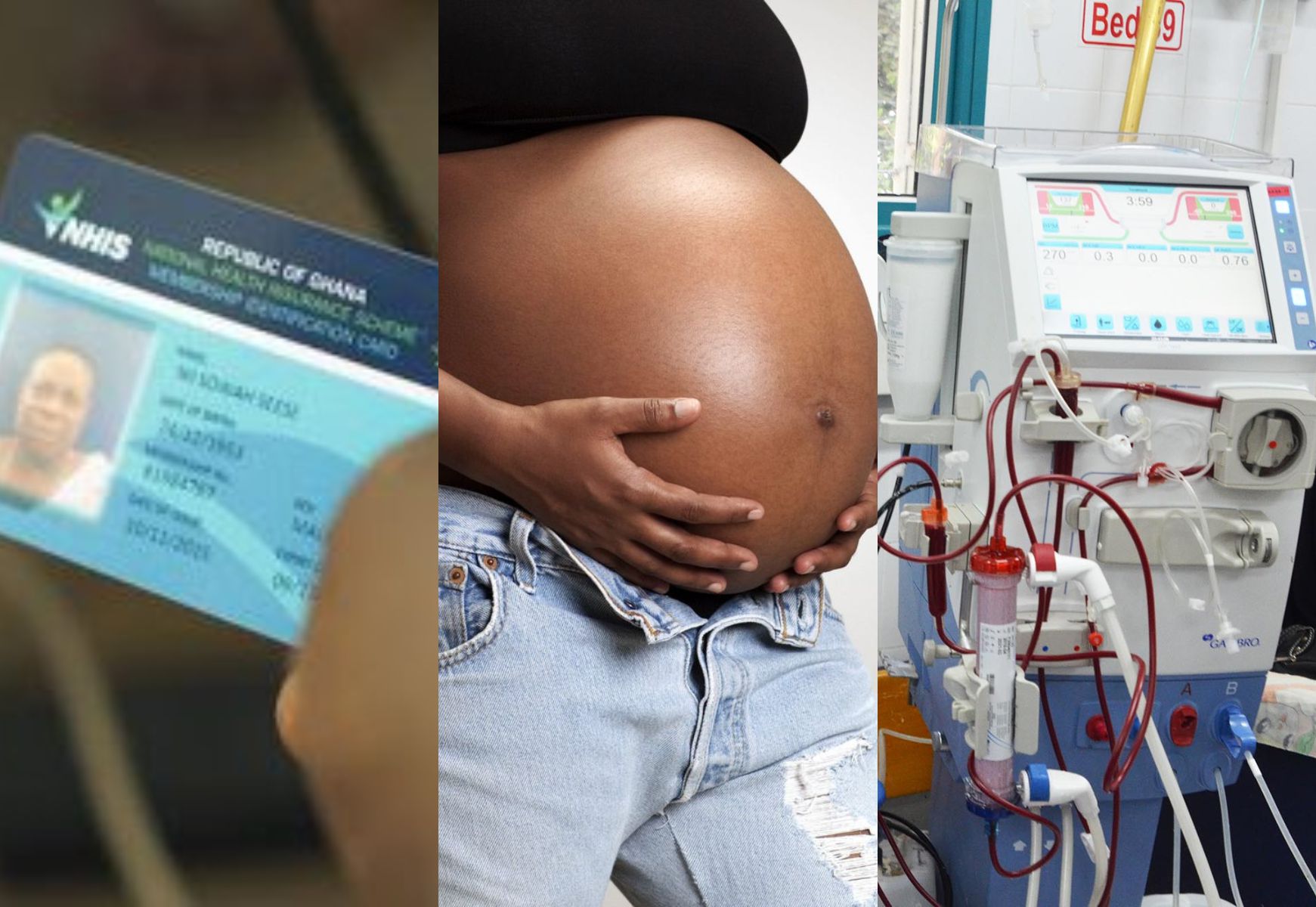





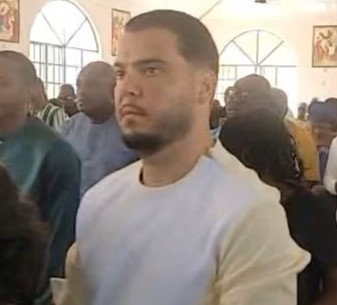


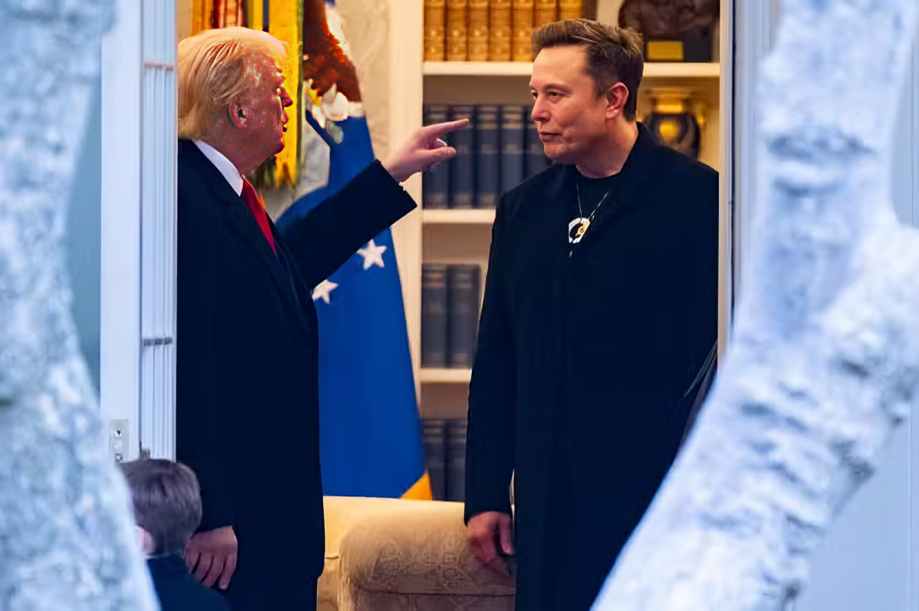
Facebook
Twitter
Pinterest
Instagram
Google+
YouTube
LinkedIn
RSS